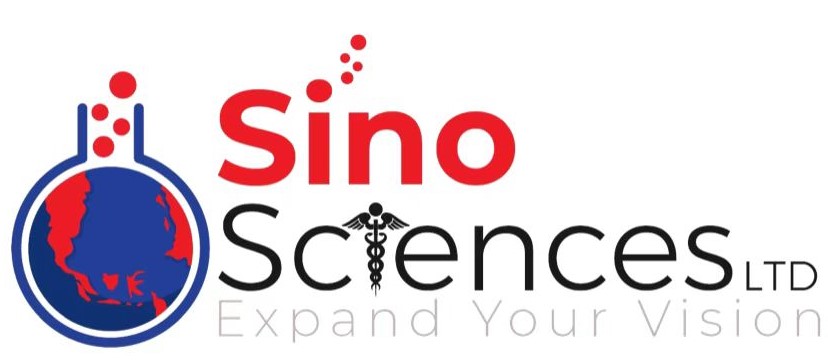”Every crisis is an opportunity for growth” as is often said. In Chinese, the word “crisis” contains two words: “danger” and “opportunity”. The Chinese have probably understood that next to the darkness there must be light. Much has been written and will be written about the impact of COVID-19 on the world or how the world has changed in its way in many different areas, here are some other point of view (light).
Elderly crisis
One of the areas that many talks about is old age and the challenges it has faced.
The ageing of the population in the Western world has increased the need for health services, health insurance. Being the first to be affected by the epidemic has increased the demand for medical services such as vaccines, drugs, medical equipment, hospital beds and rooms.
An additional difficulty emerged: the organization of adult housing operators when the epidemic broke out, adult care, patient location, and treatment.
Much was said about this and it was the morning news that gave them advice on how to behave, isolation, distance, not gathering.
One of the most notable difficulties was the inability of a digital network to receive a medical response to a health problem and the impossibility of handing out prescriptions since people could not leave their homes because of the risk of infection.
It turns out that most of these difficulties are not only faced by older people. Similar difficulties exist in several countries. China, which we have chosen to discuss in this article, is no exception and has had to mobilize during this crisis for growth and development in the following area.
Solutions and opportunities due to the crisis
Remote medicine – Due to the risk of infection and the need for social distancing, many patients needed remote medical assistance. In the past the use of this platform was low, but due to the crisis, the number of users has increased and these infrastructures are benefiting from this market.
Government programs in health services – There is a growing trend for government agencies to make systemic changes to the health care system through the creation of government programs and broad health care reforms.
Rationalization of hospitals and clinics – Their goal is to modernize clinics to prevent patients from entering hospitals and causing unnecessary congestion. The crisis has shown that it is necessary to increase the proportion of general practitioners to provide preventive medicine and thus increase the efficiency of the health system. Authorities must reward doctors who provide such services. The relationship between specialist doctors and general practitioners must be improved. Such collaboration will not only allow for a high level of professional diagnosis but will also save resources and avoid wasting them.
Cost savings and budget maintenance – streamline drug dispensing to avoid giving drugs that will not be used as in the past. Hospitals suffer losses because of changes in drug procurement and dispensing.
Limit the number of intermediaries between manufacturers and final purchasers.
Encouraging innovation in medical equipment and medicines – There is a willingness to simplify processes and speed up the introduction of medicines that are not manufactured in China. For example: recognition of clinical trials carried out abroad to speed up the arrival of new drugs, promotion of drugs and equipment based on urgency and immediate needs. As well as local encouragement for the manufacture and development of local medicines and the rapid granting of authorizations, as happened with the Chinese vaccine against COVID-19 by the company JILIDE and the obtaining of its approval. The medical companies that will be the first to identify changing needs and demands will be those that provide tailor-made services and adapt their profitability accordingly.
We SinoSciences together with strategic partners in China promote the development and improvement of the health system in China, we identify drugs, medical products and medical devices that has valuable innovation and uniqueness, manage and execute the regulatory process (NMPA) through a significantly short channel and purchase the product for distribution in China, Hong Kong, Macau and Taiwan.
Are you in the health sector and have an innovation product to offer in the medical field? Contact us and we will examine with our professional department the feasibility of collaborations.





